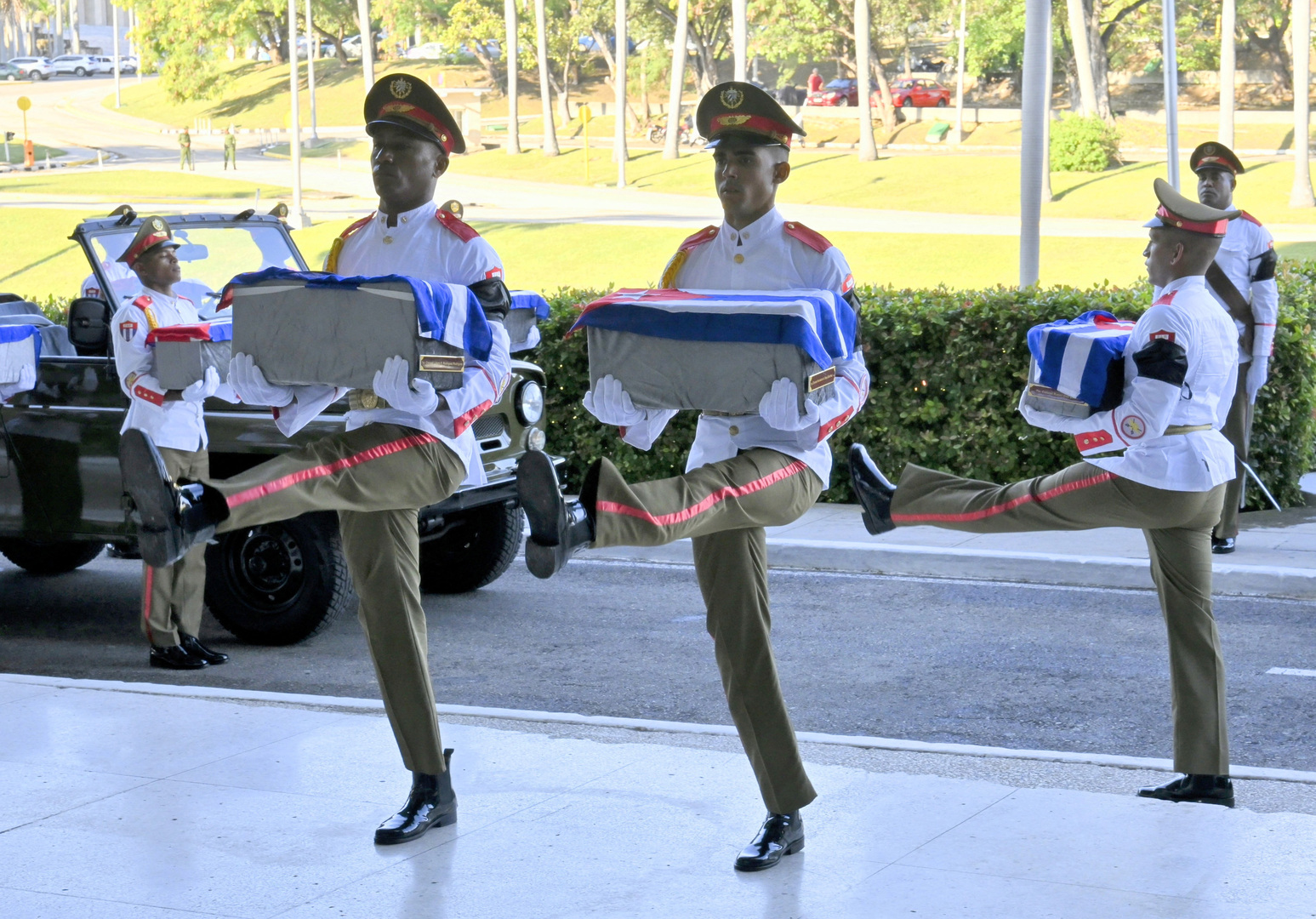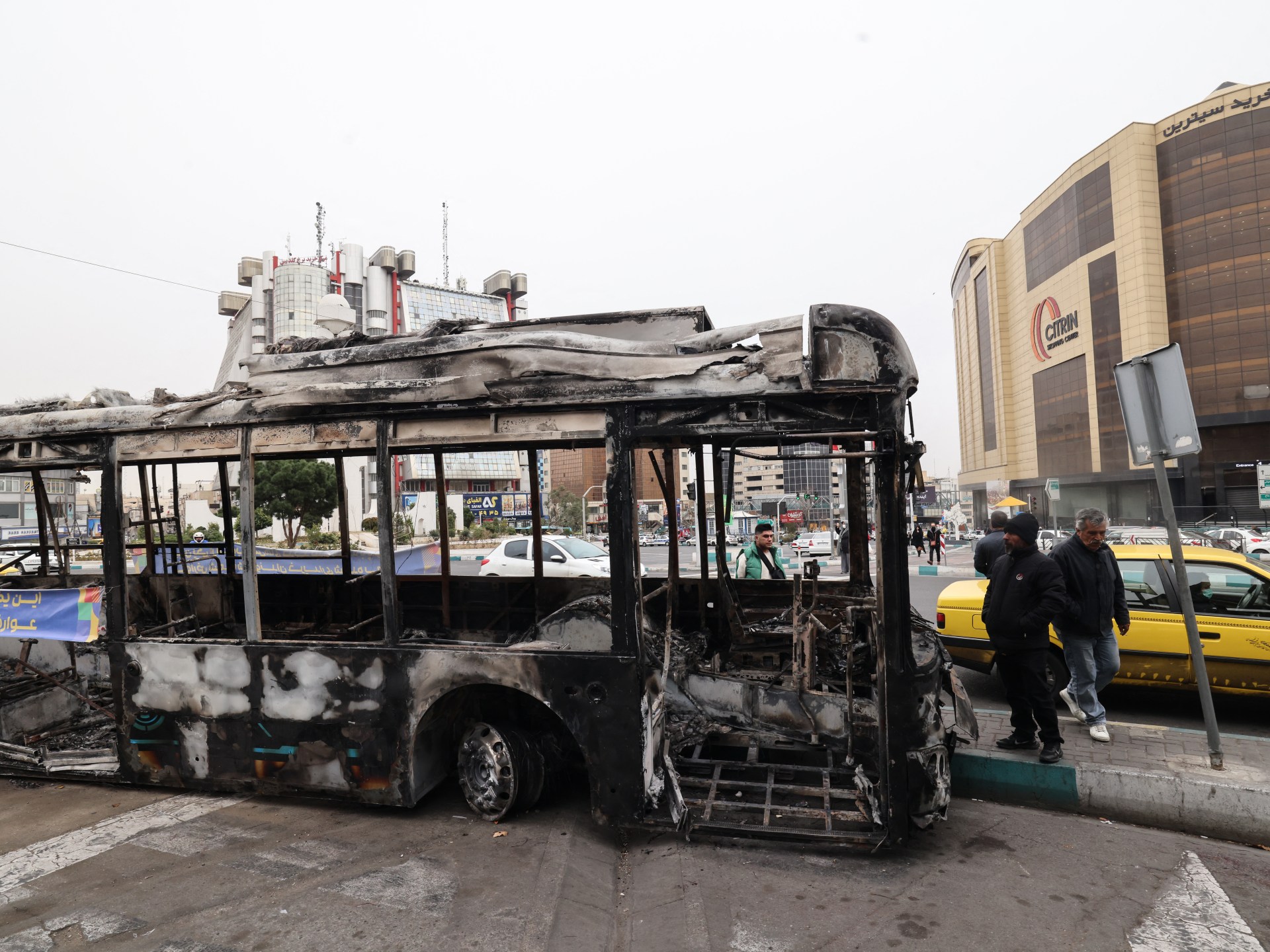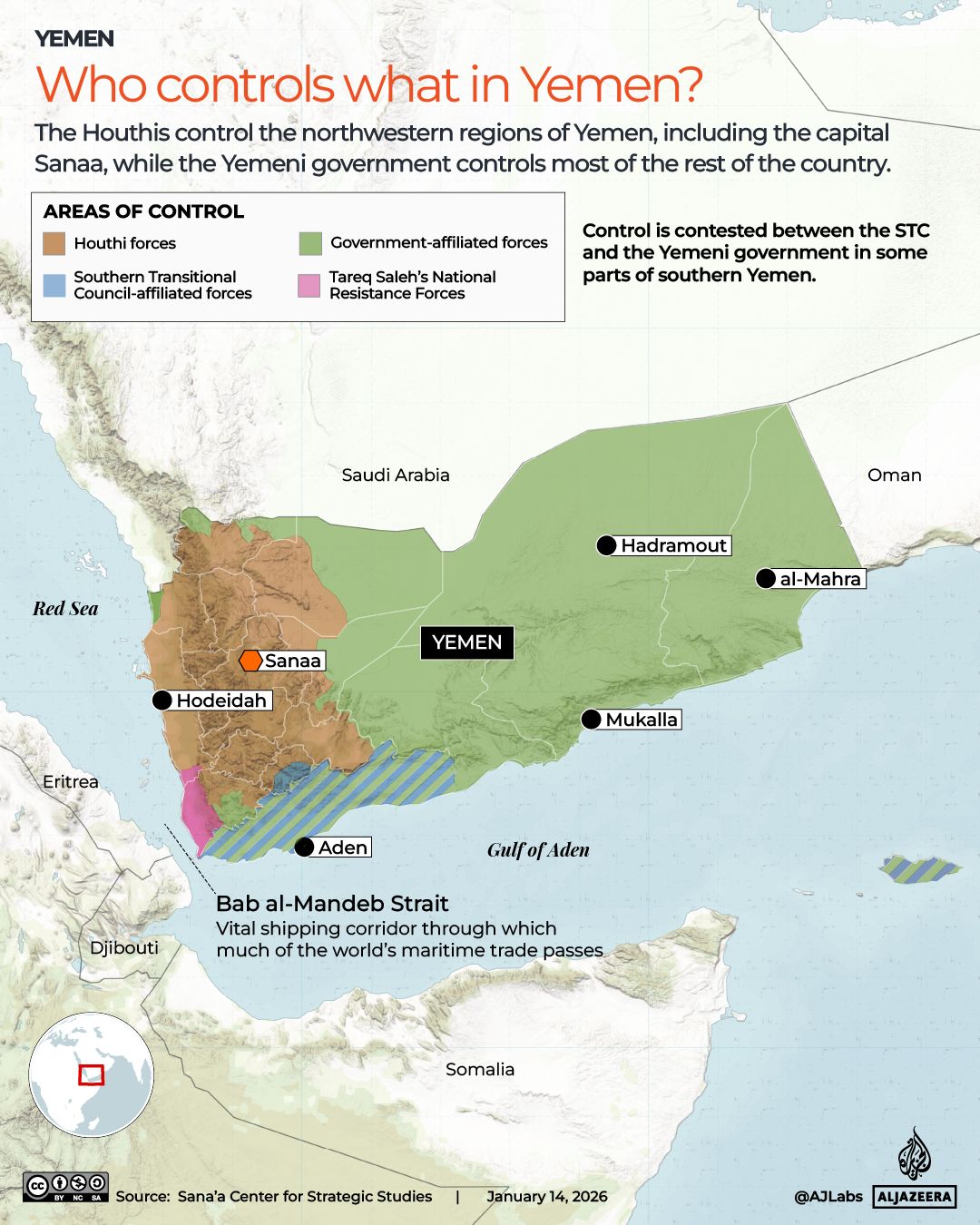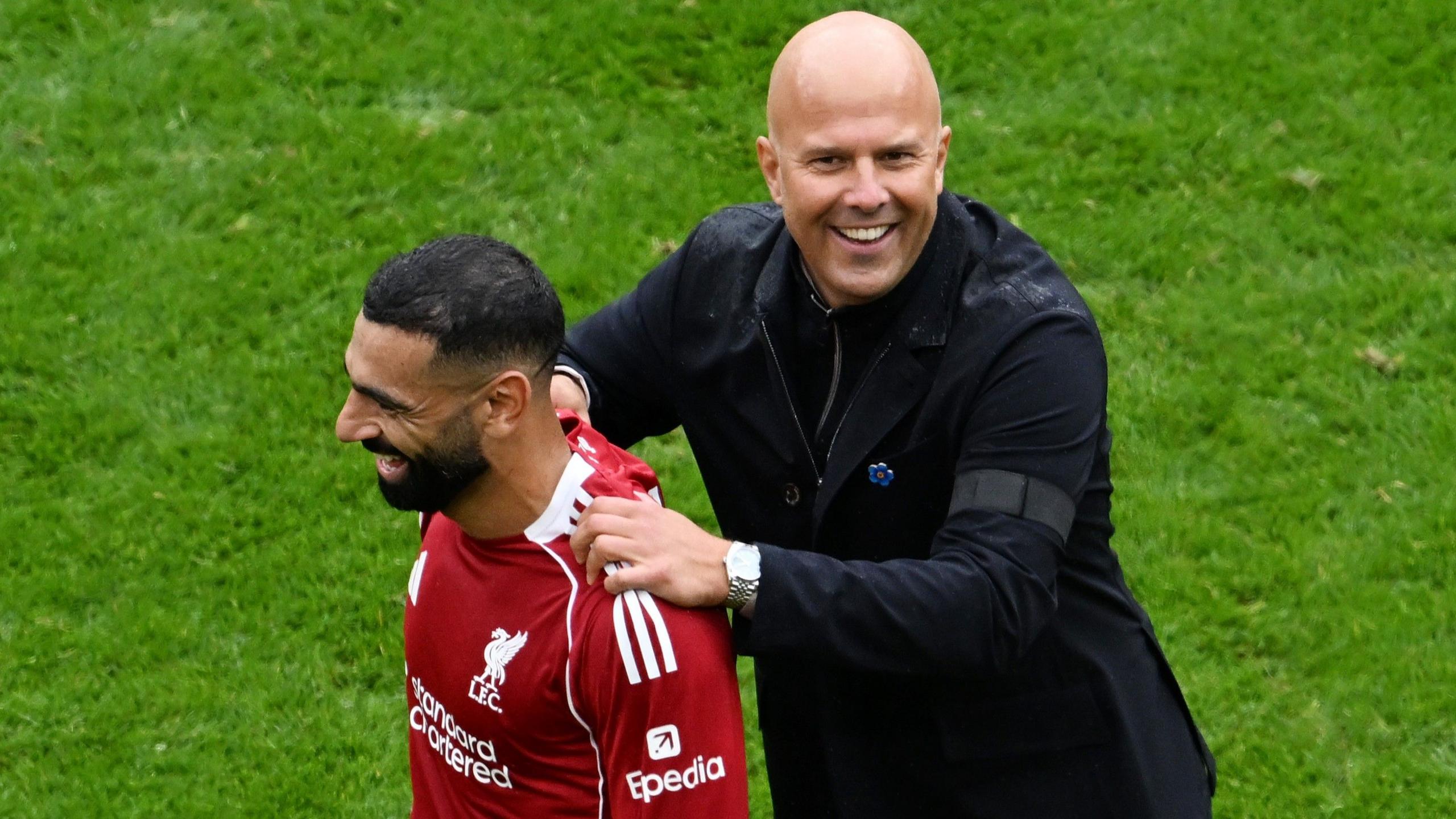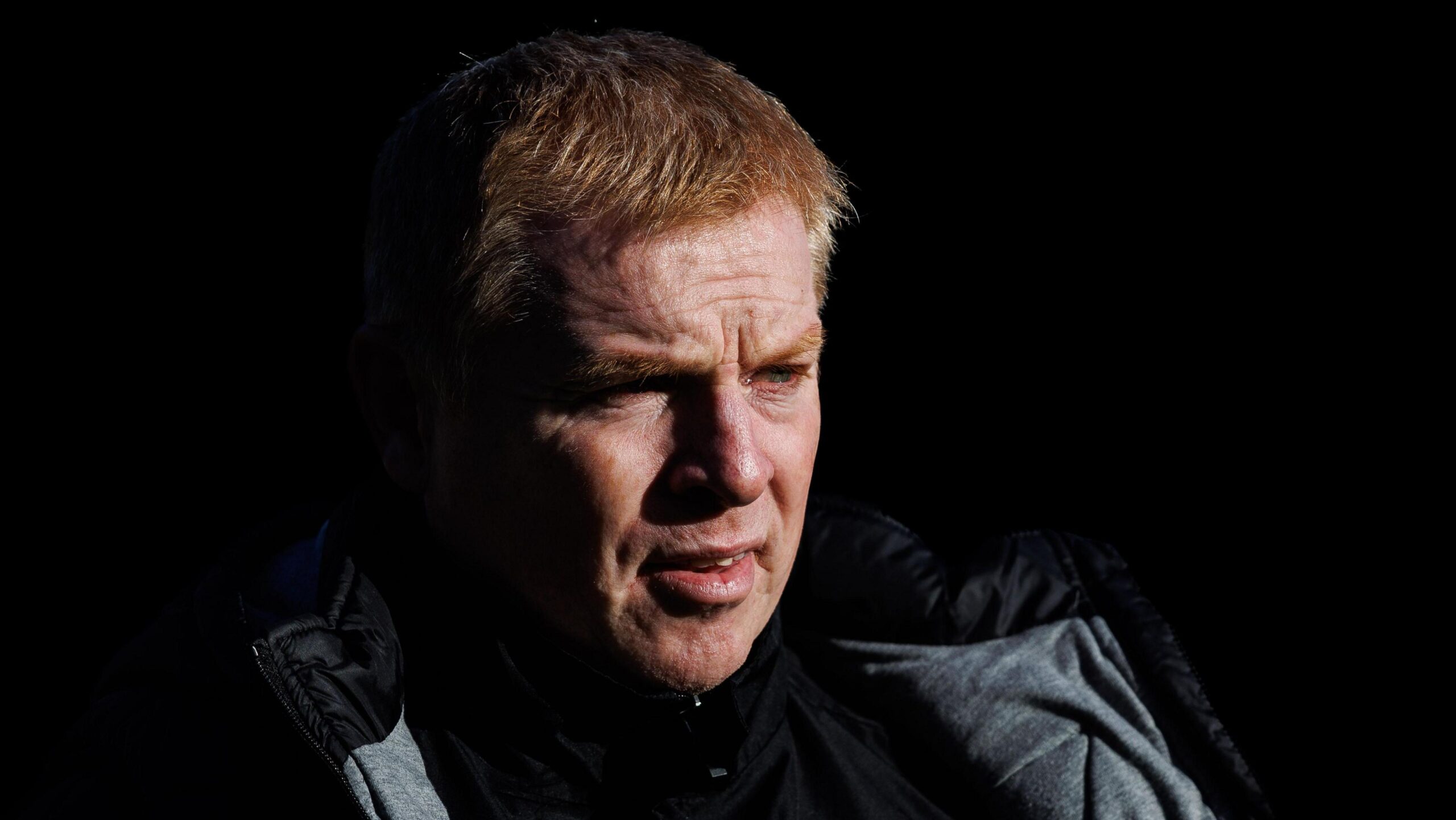The Gambia’s landmark case, accusing Myanmar of committing genocide against its mostly Muslim Rohingya minority, began in the International Court of Justice (ICJ) this week.
The Gambia’s attorney general and justice minister, Dawda A Jallow, told ICJ judges on Monday that the Rohingya were “targeted for destruction” by Myanmar’s government, as the case’s final hearing opened nearly a decade after the country’s military launched an offensive that forced some 750,000 Rohingya from their homes, mostly into neighbouring Bangladesh. The refugees recounted mass killings, rape and arson attacks.
Recommended Stories
list of 4 itemsend of list
The case marks the first time allegations of mass violations and abuses against the Rohingya are being heard at an international court. It is also the first time the ICJ will decide on a genocide case brought by a third country in defence of another nation or group.
In an unusual and moving gesture, Jallow asked Rohingya refugees present at the top court’s Peace Hall to stand and be acknowledged by the 15-man panel of judges.
The refugees are expected to testify in closed sessions, but it is not yet known when the court will provide a final ruling. The ICJ cannot enforce its rulings but its decisions carry legal weight.
Experts say the court’s decision in the Rohingya case could have implications for the widely followed South Africa genocide case against Israel, which was filed in the court on behalf of Palestinians in December 2023. That case has since been joined by several other countries.
Here’s what we know about why The Gambia is fighting for the Rohingya:
Why is The Gambia suing Myanmar?
The Gambia sued Myanmar in November 2019, accusing the Southeast Asian country of committing genocide against the Rohingya in breach of the 1948 Genocide Convention.
As a Muslim-majority country, the small West African nation of 2.5 million people brought the case on behalf of the 57-member Organisation for Islamic Cooperation, of which it is an active member.
The move catapulted the country and the case’s mastermind, former Attorney General Abubacarr Tambadou, into the global spotlight. Tambadou has since taken a position at the United Nations – he is the Registrar of the International Residual Mechanism for Criminal Tribunals, an international court founded by the United Nations Security Council. He was nominated for the Nobel Peace Prize in 2021.
Seven countries – Canada, Denmark, the Netherlands, Germany, the Maldives, France and Britain – have since successfully applied to support The Gambia’s case at the ICJ.
Rohingya people in Myanmar were subjected to violent, months-long offensives by Myanmar’s armed forces, known as the Tatmadaw, from late 2016. Although the group had long faced persecution in Myanmar, according to rights groups, the attacks escalated sharply, as Rohingya communities were targeted in cases of arson, mass shootings, rapes and kidnappings.
In 2019 – the year The Gambia lodged its case with the ICJ – a United Nations fact-finding mission reported that about 10,000 people had been killed, and 730,000 people displaced to refugee camps in neighbouring Bangladesh. The military offensive showed “genocidal intent” and the government aimed to “erase” Rohingya identity and remove them from Myanmar, the United Nations mission found.
The Gambia may have been inspired to take up the case due to its own long history of repression under former dictator Yahya Jammeh, who ruled the country with an iron fist for 22 years until 2017, Imran Darboe, a barrister formerly with the Gambian justice ministry, told Al Jazeera.
Jammeh was forced out of office in 2017 by a regional military mission when he failed to leave office after losing the presidential elections.
In 2018, the new government began investigating Jammeh-era atrocities perpetrated by his “killer squad” security forces, including widespread abductions and killings.
Gambians were collectively reckoning with the painful testimonies of scores of victims as the Rohingya crisis unfolded, prompting the government to take action, despite a lack of precedent at the ICJ at the time.
“At that point, we were also going through our truth-and-reconciliation commission, and realising the value of protecting human rights,” Darboe said.
“Most people [in The Gambia] were shocked by what was being revealed, so there was the thinking that if the concept of human rights is universal, we cannot just focus on our own issues. We feel what the Rohingya people were feeling … we were all on the same page about that.”
The Gambia’s active role in the OIC also likely played a large role, Darboe added. While bringing an ICJ case would be expensive for the small nation, the OIC’s backing likely alleviates financial pressures, he said.
What is The Gambia’s argument at the ICJ?
Dawda, The Gambia’s justice minister, told the ICJ judges in his opening arguments on Monday that the Rohingya had been “deliberately targeted” by Myanmar’s ruling military and that their lives had been turned upside down.
“They have been targeted for destruction,” he said.
“Myanmar has denied them their dream, in fact it turned their lives into a nightmare, subjecting them to the most horrific violence and destruction one could imagine.”
Paul Reichler, another lawyer on the Gambian team, read out extensive witness testimony from 2017, describing scenes of houses being set ablaze with people in them, gang rapes and arbitrary killings.
The Myanmar government, Reichler added, had called the Rohingya an “impure and subhuman race” that threatened the local population.
A third team member, Phillipe Sand, concluded that the scale of the violence showed “Myanmar acted in this case with genocidal intent”.

What has Myanmar argued?
Myanmar’s defence team, led by the minister of international cooperation, Ko Ko Hlaing, will begin its response to the allegations on Friday, January 16, continuing until January 20.
In 2019, when the case was filed, Myanmar was under civil rule. In preliminary hearings for the case in December that year, Myanmar denied the allegations. Former leader and Nobel Peace Prize winner, Aung San Suu Kyi, who was overthrown in a military coup in 2021, personally appeared at the court and called The Gambia’s claims “incomplete and misleading”.
In January 2020, the ICJ ordered Myanmar to take emergency measures to prevent a genocide of Rohingya, in what experts called a “stunning rebuke” of Aung San Suu Kyi.
Myanmar’s government – now under the control of the military, which is also grappling with an ongoing rebellion – continues to reject genocide and ethnic cleansing allegations, and says it was targeting Rohingya armed groups in “clearance operations”.

Who are the Rohingya?
The Rohingya are a largely Muslim ethnic group based primarily in Myanmar’s western Rakhine State, which sits on the border with Bangladesh.
Until their forced displacement in 2017, there were about one million Rohingya in Myanmar, making them an ethnic minority among Myanmar’s 137 ethnic groups. Other Rohingya populations live in India, Pakistan and Saudi Arabia.
Although Rohingya identify as Indigenous to Myanmar, the government does not recognise them and maintains they are “illegal migrants” from Bangladesh.
Rohingya have long complained of state-sanctioned attacks and general discrimination – they are not granted citizenship and laws severely restrict their movement. Several armed groups have emerged, calling for an independent Arakan state, a historical name for Rakhine state and reminiscent of the vanished Arakan Empire which existed in the same area between the fourth and 13th centuries.
In October 2016, violent attacks on Rohingya people escalated sharply when the government launched attacks it said were targeting the Arakan Rohingya Salvation Army (ARSA), an armed group formed in 2013.
At least 750,000 Rohingya fled, primarily to Bangladesh, but also to India, Thailand and Malaysia.
Survivors have recounted horror stories of security officials torching their communities, wounding, killing and torturing people – including children – by throwing them into fires.
Many fled across land through dangerous forests, while others crossed the Bay of Bengal on perilous boat journeys, which have resulted in an unknown number of deaths.
By 2025, hundreds of thousands of Rohingya were living in squalid, packed tent camps in Bangladesh’s Cox Bazar.
Most are reliant on humanitarian aid. Recent cuts in foreign aid funding by the United States government have badly hit missions serving these communities, rights groups say, with reduced food rations and the closure of schools for children.
Some have attempted to leave the camp by boat journeys for other countries. In May 2025, the UN reported that two boats carrying 427 Rohingya fleeing Bangladesh and Rakhine state capsized at sea, in just one example.

